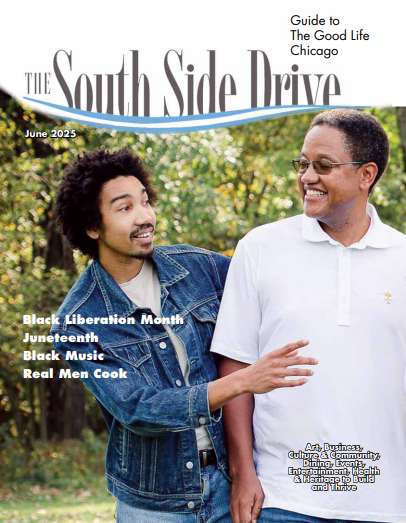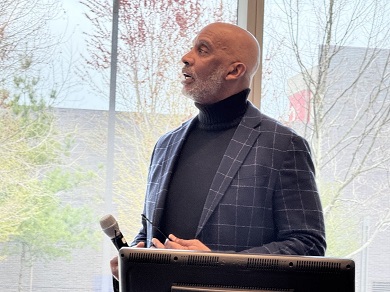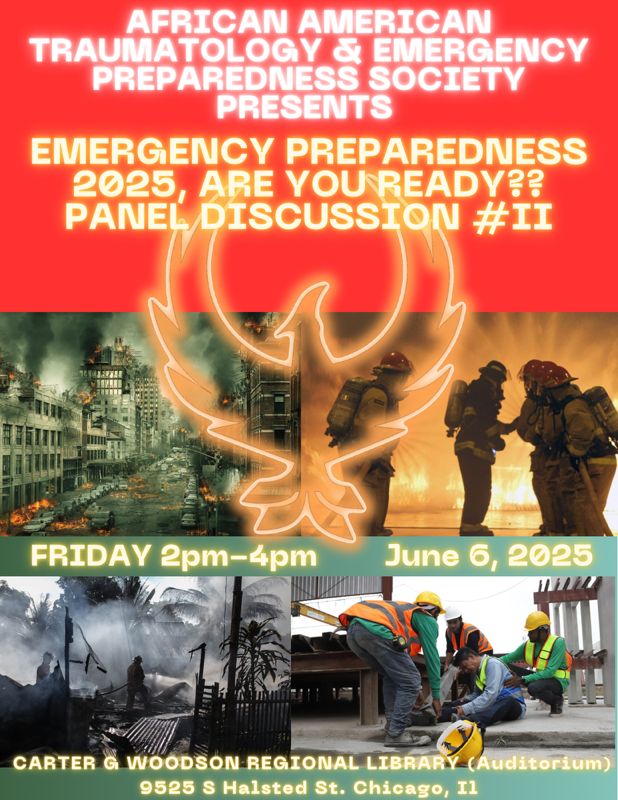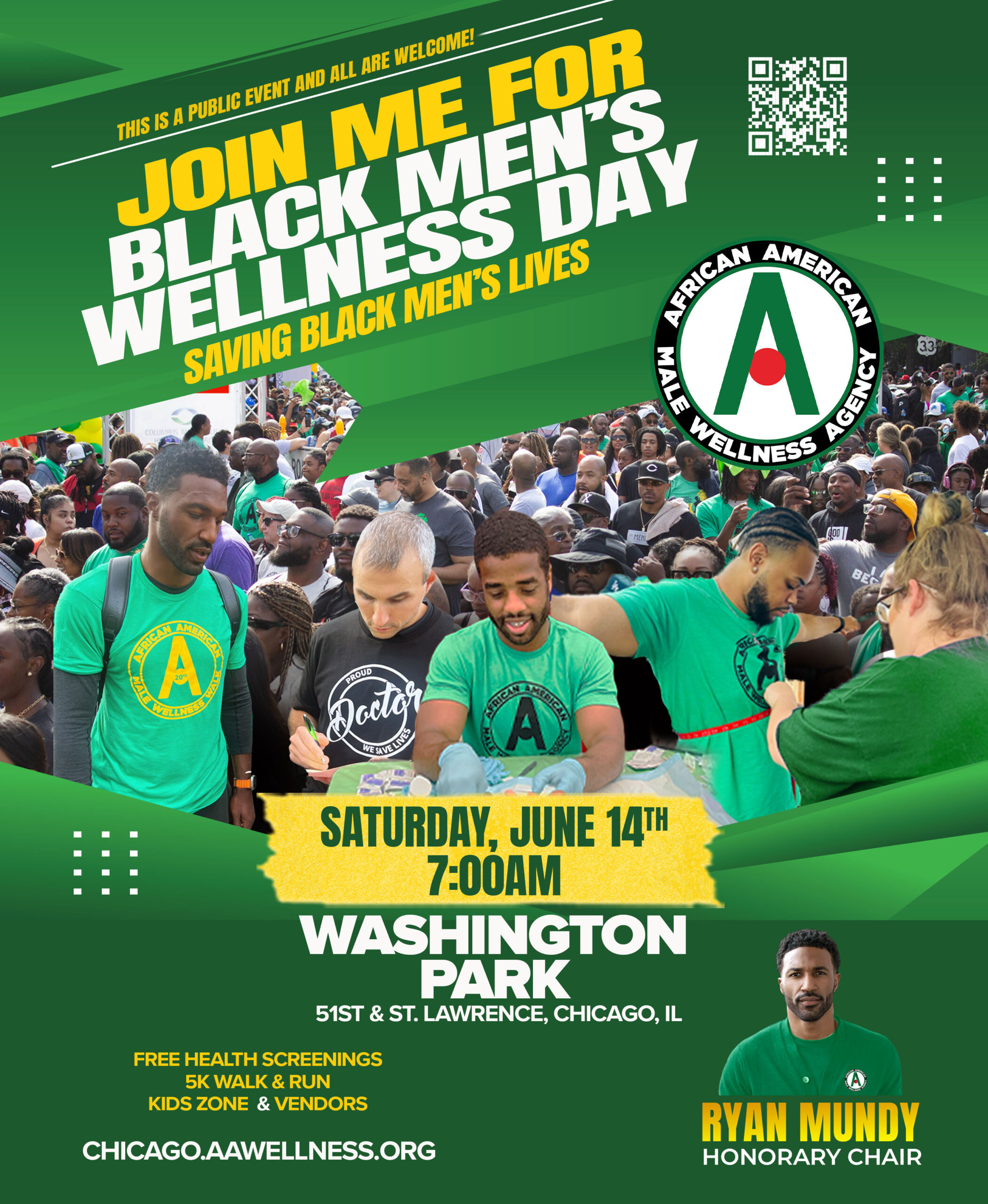Two powerful panels on the subject of trauma were held in the morning focusing on the questions, “what is trauma?” and “how does trauma work?” The first panel dealt with how trauma impacts African American children, in the long term and in the short term. Panelists were: Dr. Obari Cartman, President of Chicago Association of Black Psychologists, and premier expert on the mental health and cultural identity of young Black men, Dr. Camille Williamson, Program Manager for the Center for Health Equity for the American Medical Association, and Sister Teresa Muhammad, Licensed Clinical Social Worker and Disaster Preparedness Instructor at the Nation of Islam.
Dr. Camille Williamson spoke about the origin of trauma in Black people, stating Black mothers are weathering generational and environmental stress that is passed onto their unborn children.
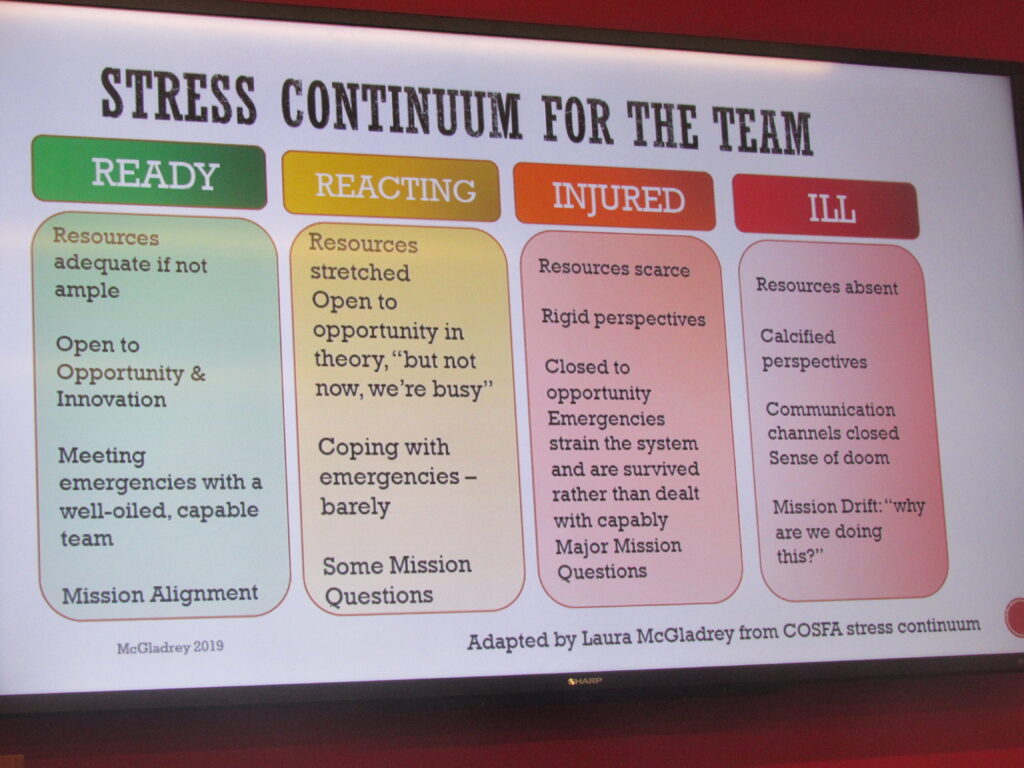
The panel concluded that we must put rituals back in place to relieve that trauma, cautioning against Caucasian institutions that create programs that do Black children more harm than good. Because of racism, the panel agreed that Black children have heavy challenges. Sister Teresa Muhammad stressed the importance of children knowing who their family is which is why family reunions are so important. Sister Muhammad encourages us to “lead with love.”
The second trauma panel dealt with the big picture of trauma. Brother Olumenji states that this panel was so necessary because trauma is wounding. He states, “When you wound somebody, you’re wounding them physically, mentally, spiritually, and emotionally. If it is a constant thing eventually it can become a health hazard, yet trauma is not mental illness, it is the reaction to some unpredictable event.”
There are different types of trauma: developmental trauma, acute trauma, and there are different levels and different degrees of trauma. But what is important according to Brother Olumenji, is that trauma impacts your connections to people, places, times and events, and if it isn’t take care of, it impacts relationships. “So, sometimes you don’t understand the things that people that have been traumatized do, and quite frankly, they may not understand, either,” he explains.
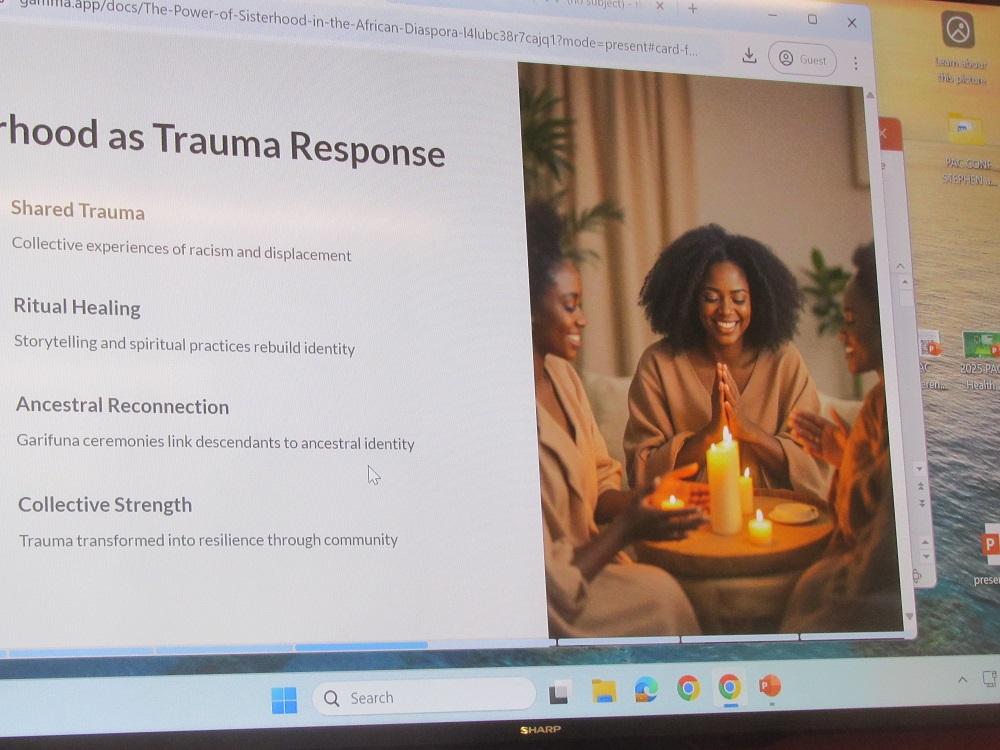
Panelists were, Dr. Troy Harden, Professor at Texas A&M College, Dr. Atara Young, Public health strategist advancing health equity, community empowerment, and transformative solutions and Teresa Muhammad, Licensed Clinical Social Worker and Disaster Preparedness Instructor at the Nation of Islam..
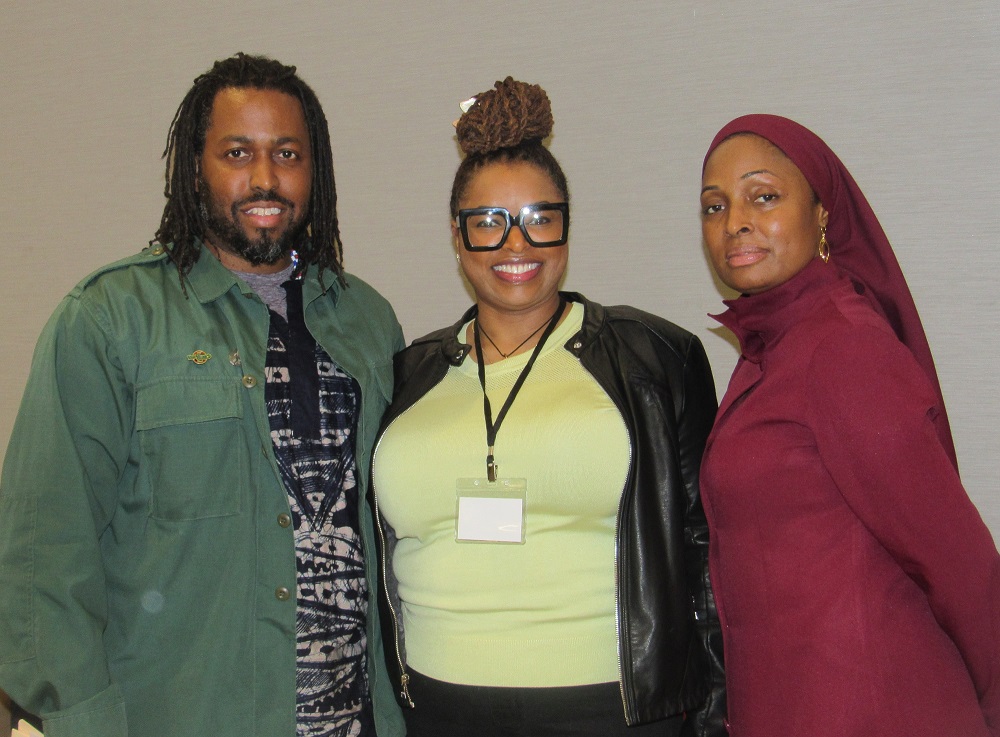
Sister Atara Young gave a powerful presentation titled, “The Power of Sisterhood in the African Diaspora: Healing, Resistance and Cultural Survival.” In her presentation she spoke of emotional solidarity, healing mechanism, scholarly foundation (she quoted Bell Hooks: “Sisterhood is about conscious choice and political solidarity.”) and Cultural Roots, where she quotes Joy DeGruy: “Intergenerational trauma shapes the need for affirming relationships.”
Sister Teresa described “micro trauma” as things happening daily on a small basis. She explained that a very small part of our brain is used during traumatic situations, resulting in actions without thinking of consequences. She also talked about a poverty mindset, describing a person who was once poor and now has money but continues to live as if in poverty.
Sister Teresa implored the audience to stop living in nonreality moments. She said, “We compartmentalize all the bad things that happen to ourselves, we start normalizing them, then they pop up at inconvenient times. We’re living in nonreality moments.” She further states that we need sisterhood because we’ve been so broken. Now we’re being pushed into “I don’t need a Black man” and that causes trauma because we can’t do anything without the Black man.
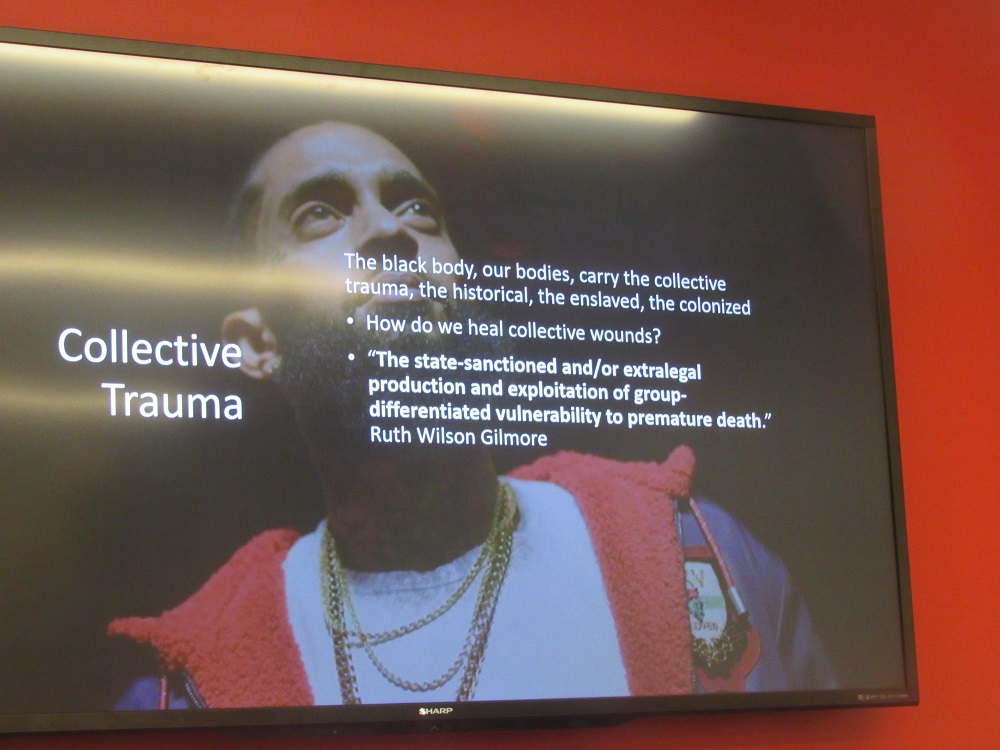
Dr. Troy Harden spoke about Truth in Trauma, and engaging young people via the Metropolitan Peace Academy. He asked, would Kilmonger go to therapy? Kilmonger is the character in the Black Panther movie that was wounded at childhood when he witnessed his father murdered, and his relatives returning to Wakanda, leaving him on earth to become bitter and resentful. He spoke of the things we need to consider: (1) Culture: Who am I?; (2) Agency – what are my gifts? How do I use my voice? What inspires me? For this he gave a powerful example of Black people coming to the rescue of a Black boat worker in Montgomery, Alabama. An incident that brought infamy to the folding chair. (3) Who do you belong to? Who sent you?
